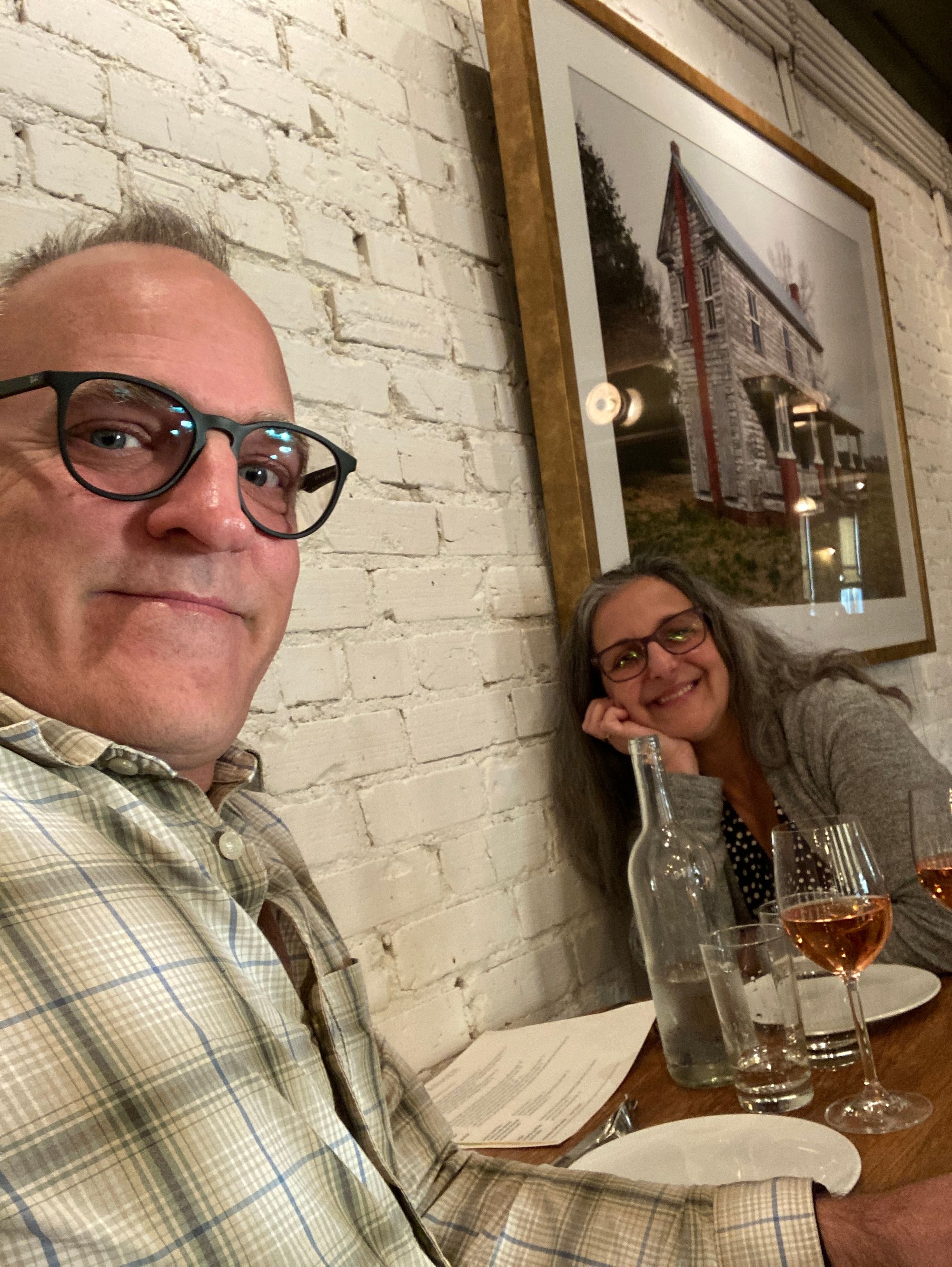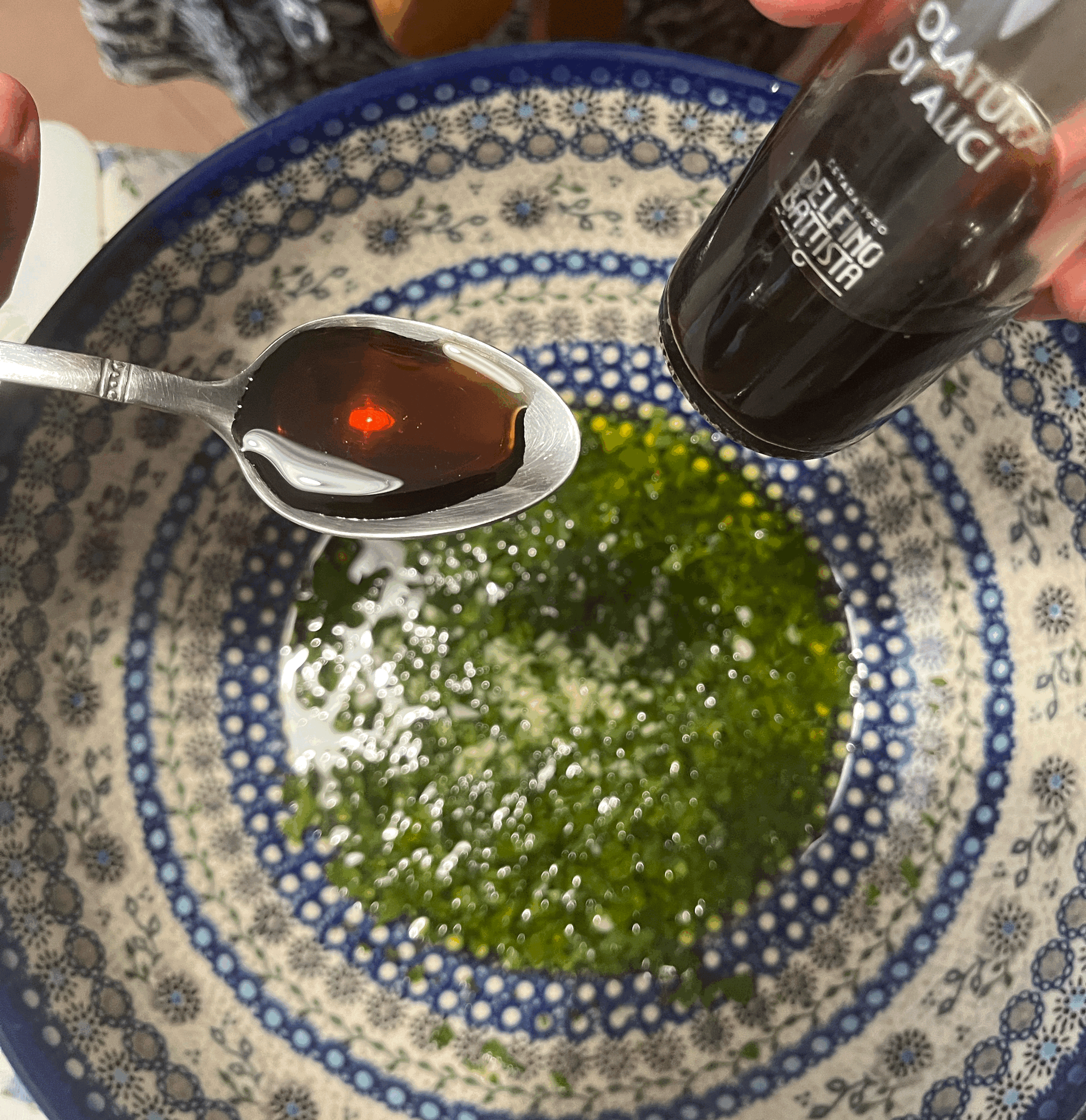
Slow, Naive and Determined
Last week the New York Times ran an op ed titled Foodie Fever Dreams Can’t Keep Restaurants Afloat written by Vivian Howard, the chef and restaurateur behind Chef & the Farmer (amongst others) in Kinston, NC. Howard’s piece follows a bit of apparently “shocking” news regarding the impending closure of some fancy-pants restaurant in Copenhagen—which, incidentally, is planning on transforming itself from just a regular exclusive, unwarranted restaurant into some kind of exclusive, unwarranted flavor lab/food-innovative test kitchen, whatever the hell that means. Where do I not call to not make my reservation?
I don’t know about Denmark, but in America, I can attest, as someone who enjoys food and eating out and also as the one-time co-owner/operator of a sourdough bakery, the problem with food and the food business isn’t because we lack enough flavor labs or test kitchens. The problem is money. As in the wrong people have too much of it.
$500 plates. Grilled Reindeer Heart. Forager’s Vinaigrette—available for purchase online for $35 plus shipping ($25), which, pardon me, but seems 100% in opposition of the forage-for-your-food movement, but anyway. Then there’s this little nugget: Trompe l’oeil beetle? What even is that? But more importantly, why is it a thing on a menu? It wasn’t until this past October that this fancy pants restaurant started paying their interns, but, yeah, cool, serving up an artsy 3-dimensional beetle constructed of fruit rollups. Jesus. What have we become? Why would anyone with an inkling of care about the food crisis happening all over the world—perhaps not in Denmark?—support this kind of bullshit?
But enough about Noma and whimsical, faux-bug dishes. Let’s get back to Vivian Howard, who points out early on in her NYT piece that though Noma exists on the extremes of fine dining its closing—sorry, transitioning—is part of a “multicourse menu of the rotting state of the restaurant business.” An omen of things to come. Though in her case, the stink has already arrived as she was made to shut down—sorry again, transition—her own flagship enterprise, Chef & the Farmer, this past summer in large part due to the “inefficiencies, stress and fatigue brought by an unsustainable business model that became impossible to ignore”.
Our industry needs to evolve or else more full-service, cuisine-driven restaurants like mine will languish their way to extinction.” — Vivian Howard
First, let me say, I get it. Howard invested her life into her business and despite strong sales the people on staff had to work long hours for less money because of the nature of the ingredients and equipment required to make real food. Our bakery, Alimentaire Wholesome Breads, an hour down the road from Kinston, promised us exactly three things on a regular basis: long hours, the best ingredients, and not a lot of money.
Two out of those three were fulfilling, but even the money part, while not great, was okay. It provided for our livelihood, because we weren’t asking for much. A home. Friendships. Security. Plus, because we made everything from scratch, using as many local ingredients as we could get our hands on, we met others doing the same kind of work, living their values on their sleeves, stewarding their business from an ethos of responsibility and sustainability. We were happily content doing work we loved for people and a place we loved.
But—and this is the issue I take with Howard’s essay—the piece was written by someone living, working and depending on the willingness of others also living and working in the same part of rural America to part with their hard earned cash. Should it it not be the role of someone of Howard’s celebrity status to affix blame precisely and squarely on the shoulders of where it belongs, not some vague nebula of an industry most of her neighbors and customers have and will never experience? Is this an essay about food or someone’s hurt feelings?
We’ve eaten at Chef & the Farmer. It was good, the service was better, provided if I recall correctly, by a line cook subbing for a wait staff who was told not to come in, because, well… the food business, you know. It’s crushing. A real fucking murder.
Was it all overpriced? Probably. But it was a special night and special nights sometimes permit paying $16 for a wizard, re-imagined carrot dish. Wait, that’s not true. No carrot dish is worth that much unless it is produced by a small local farmer and grown in volcanic soil (which, incidentally, we find here in Sicily and costs nothing close to $16). What is worth it is enjoying a place where the people who prep, cook, and serve you food care as much about where it comes, how it is grown and what it tastes like as you care about eating it.
That is, in my opinion, the real travesty here. Not the looming possibility of some foodie’s fever dream never being realized. Who gives a fuck? The world is flush with people who want to live their amazing life with braggadocio but without actually having to pay the real price for it. Why are we trying to accommodate assholes? Especially as it relates to food, one of two things—the other being clothing, which also falls into this category—that first distinguished us from our simian ancestors.
The answer is not to make it easier for people who can afford a $500 plate of grilled reindeer heart (and maybe not even a $16 carrot dish). The answer is to make it impossible. Wealth is the issue, not expense. The fallacy of the business model is not the cost of doing business, it’s passing the burden of those costs onto the dedicated souls doing the work. The overworked, the underpaid, the indentured.
The cost is what it costs, we all need to get better at coming to terms with what that really means, and celebrity chefs like Vivian Howard need to do more than just skirt around their own complicity and do more to correct it. Maybe this essay is a start for her. But I would have much rather read that she was taking herself to the task of making things better, not by changing how fine food gets delivered—the service isn’t the problem, vending machine not required—but by working to eliminate the imbalance between who should be footing the bill and who is.
Maybe it’s true that “nobody goes to work for Vivian Howard so they can flip burgers at the Boiler Room.” But is it impossible to think that people would eat at the Boiler Room if they knew the person flipping the burgers was paid a living wage? And to be honest, what is wrong with flipping burgers? We’ve also eaten at the Boiler Room and found it cozy, fun, great tasting, and to be a less pretentious atmosphere.
Which brings me to the real issues. And also an admission.
We were wrong about the bakery. It didn’t work out and it didn’t work our for a number of reasons, some of which Howard and many others in her article’s comments section identified: customer class, pricing, location, and, yes, that food ethos I mentioned. For the four years we were successful, we grew, hired employees, learned how to manage the business, donated our products and volunteered our time, we worked for the betterment of our community and for it we won recognition and attracted others to our town. Tarboro was good for us and we were good for Tarboro, and, due to our local supply chain, we were good for other small food producers as well. Maybe the story is the same for Howard and the town of Kinston, I don’t know. A walk around the block from Chef & the F reveals an abandoned, dilapidated main street seemingly unchanged by her presence.
Unfortunately, slow, small, naïve and determined may make for a good story, but it doesn’t offer much in terms of money. Not real money, which means not loans, not debt, but cold hard cash. And it certainly means less for anyone standing in the collateral, adjacent space.
We were fortunate and didn’t run out of money—I imagine Vivian Howard hasn’t run out of money either—what we did run out of was patience.
Patience for an industry that is unwilling to become what it needs to become for the wellbeing of people everywhere as well as the planet.
Patience with bankers and non-profit funders who make decisions based on fat fucking returns rather than the fulfillment of mission statements.
Patience with customers (okay, lost customers) who want something for nothing, and worse, become hurt and act nasty when someone else seems to be getting a handout they aren’t, as if they, themselves, gave up something in the giving.
Patience with town and community leaders who are swayed more by the false promise of large corporations than they are driven to take the risks necessary to bring positive change to communities. Places like Tarboro, like Kinston. Like many, many other towns in need of a new story, of new inspiration, of an improved way of thinking about the past and the future, one that provides more equity, more empathy and more opportunity for all who live there to flourish and thrive.
I can’t imagine what Howard’s reaction is to the reaction her essay raised in others. The comments seem to be all over the place:
- “This is the epitome of privileged first world problems.”
- “your problem is your ego.”
- “Vivian Howard is a beacon of light and a visionary.”
- “…what a nice, thoughtful and truthful article!”
Most seem to fall into this particular camp:
“It’s kind of unclear that this restaurant wasn’t just a lark of a place funded by what is stated to be a wealthy family … Kind of a restaurant for fun and publicity.”
I do hope she is listening though as they illustrate well the problem, this disconnect between those who produce and those who consume. Whether we’re talking about art, bread, beer, music, clothing, or fine dining. Whatever the craft, no one outside of the industry can really know the true effort and cost, the maddening amount of courage, discipline and yes, naivety, that enters into its creation. It’s up to us to inform and educate them, not bury it behind some slangy whimsical wish.
While I care very little for what anything of anyone of celebrity-status or privilege thinks about things, I am a fan of resilience and passion and the determination needed to do things better with less. It’s why we closed, and why we sold our belongings and moved to Sicily, a costly endeavor that may look—and feel—terrible on paper, but as Howard shares, if you have “spitfire talent at the helm” (in our case, Franca), you can convince yourself it might work.

The Revelate is a reader-supported publication. To get the full the naked truth and more on writing and moving to Sicily—plus, further support my work (!), please consider becoming a paid subscriber.


